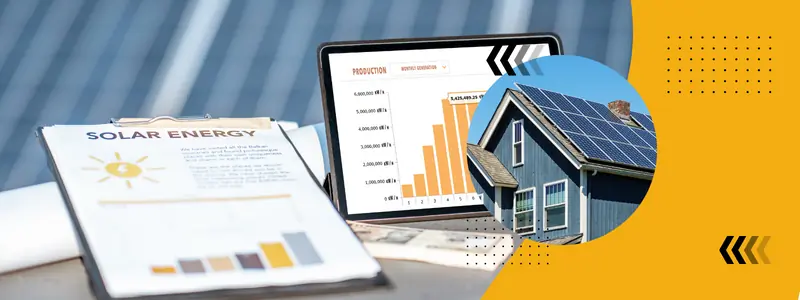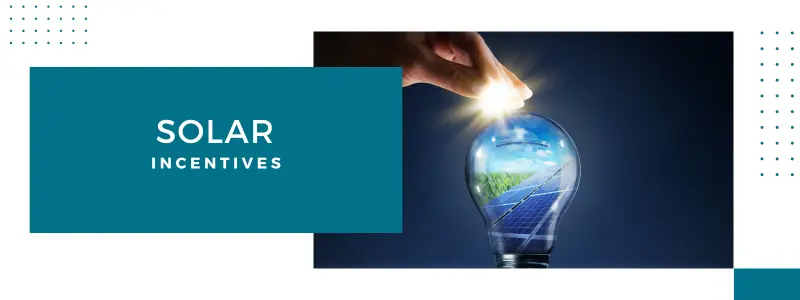Discover the Power of Solar Energy in Massachusetts!
Welcome to Massachusetts, a state celebrated for its rich historical roots, innovative spirit, and a forward-thinking approach to renewable energy. With its varied climate offering a substantial number of sunny days, especially during the spring and summer months, Massachusetts presents an excellent opportunity for solar power generation. This potential invites homeowners and businesses to embrace clean, renewable energy, dovetailing with the state?s ambitious goals to combat climate change and promote energy independence. Enhanced by attractive incentives aimed at reducing the upfront costs of solar installations and driven by a community deeply invested in environmental sustainability, Massachusetts is at the forefront of a solar revolution. Learn how leveraging Massachusetts?s abundant solar resources can light up your home, reduce energy bills, and support a cleaner, greener environment in the Bay State. Join us in capturing the sun?s limitless energy and moving towards a brighter, more sustainable future in Massachusetts.
Explore Your Rooftop's Solar Potential
Discover how much solar energy your rooftop can generate. Enter your address below:




